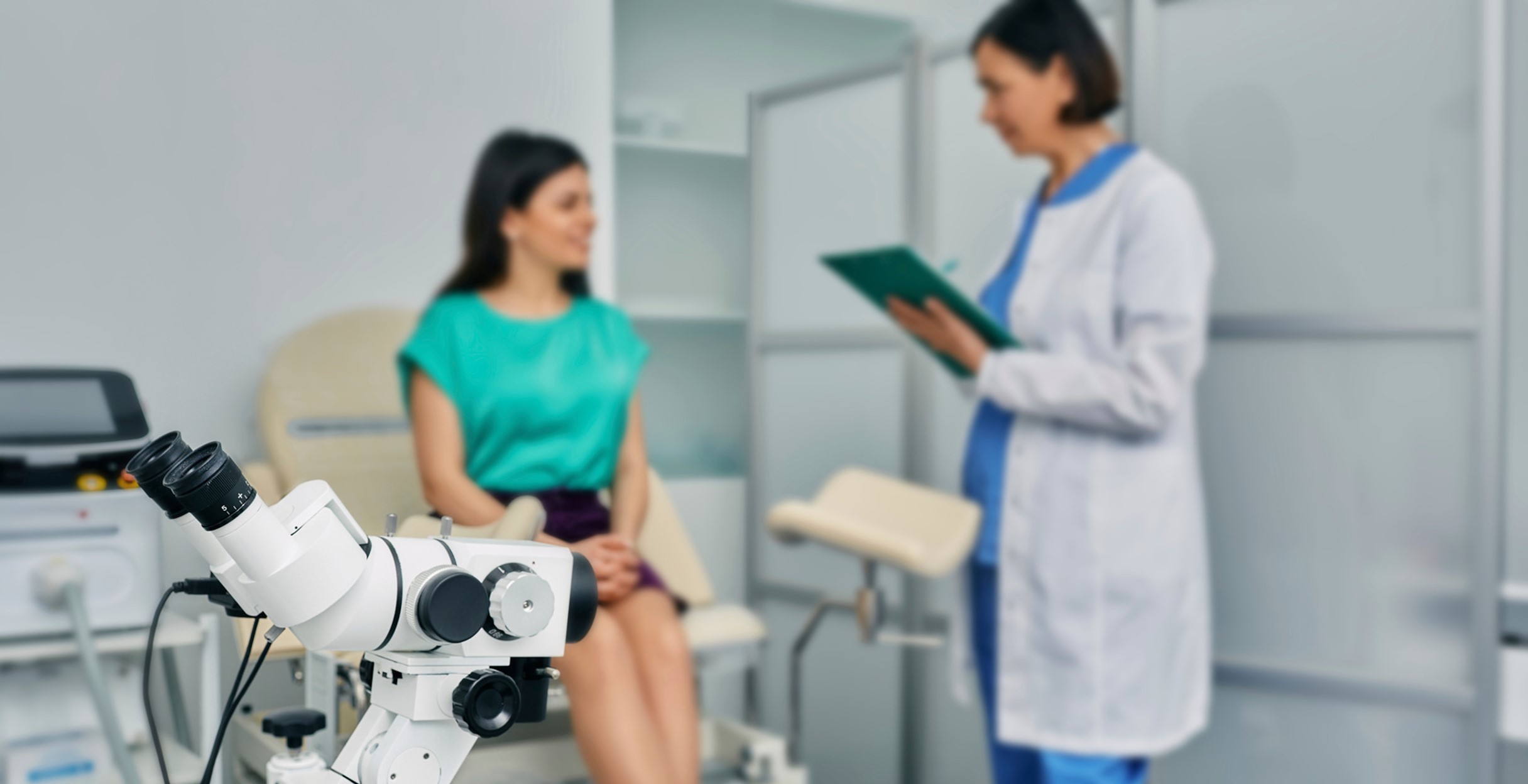Your shopping cart is empty.

It can be confusing to know who to see for what you need. Some services may require a referral or a script, while others don't. Some services may cost more than others, or may not be covered on your Medicare or Private Health Insurance plan.
Here’s a list of where to go, for some different sexual and reproductive health services:

Your general practitioner is usually your first point of contact for any health concerns. Choose a GP you feel comfortable with (for example, if you prefer a female GP, or a GP who has a special interest in sexual health).
All GPs should be able to provide:
GPs who have done special training can also provide:

Nurses can work in a variety of settings such as GP clinics, sexual health clinics, community health centres and hospitals.
Depending on their qualifications, nurses can help you with:

A specialist is a medical doctor that is an expert in one specific area of medicine. For example, a gynaecologist specialises in the health of the 'female' reproductive system (eg vagina, uterus, and ovaries) and an obstetrician specialises in pregnancy, childbirth and health after birth. Specialists work in private clinics and hospitals.
Specialists can provide surgical procedures as well as other healthcare:
To see a specialist, you will need a referral from a GP first. Sometimes, a GP may refer you to a specialist to investigate a specific concern, such as PCOS, abnormal Cervical Screening results, menstrual concerns or fertility concerns.

A pharmacist prepares and dispenses medications. They advise people on how to use medications (eg potential side effects, dosage, taking other medications at the same time).
You can go to a pharmacist and buy the following without a prescription:
Other medications and devices require a prescription:
Some pharmacies are also able to provide services such as vaccinations and Cervical Screening tests on site. There are Supercare Pharmacies across Victoria that have extended opening hours and nursing support.

Go to the Emergency Department at your local hospital if you are seriously ill or injured. The Emergency Department is open 24 hours a day, with trained medical staff to manage urgent medical problems. These could include:
Depending on the hospital and how sick you are, you may have to wait before you are seen by a doctor. You can bring a support person with you.
In case of a medical emergency, call Triple Zero (000) and ask for an ambulance.